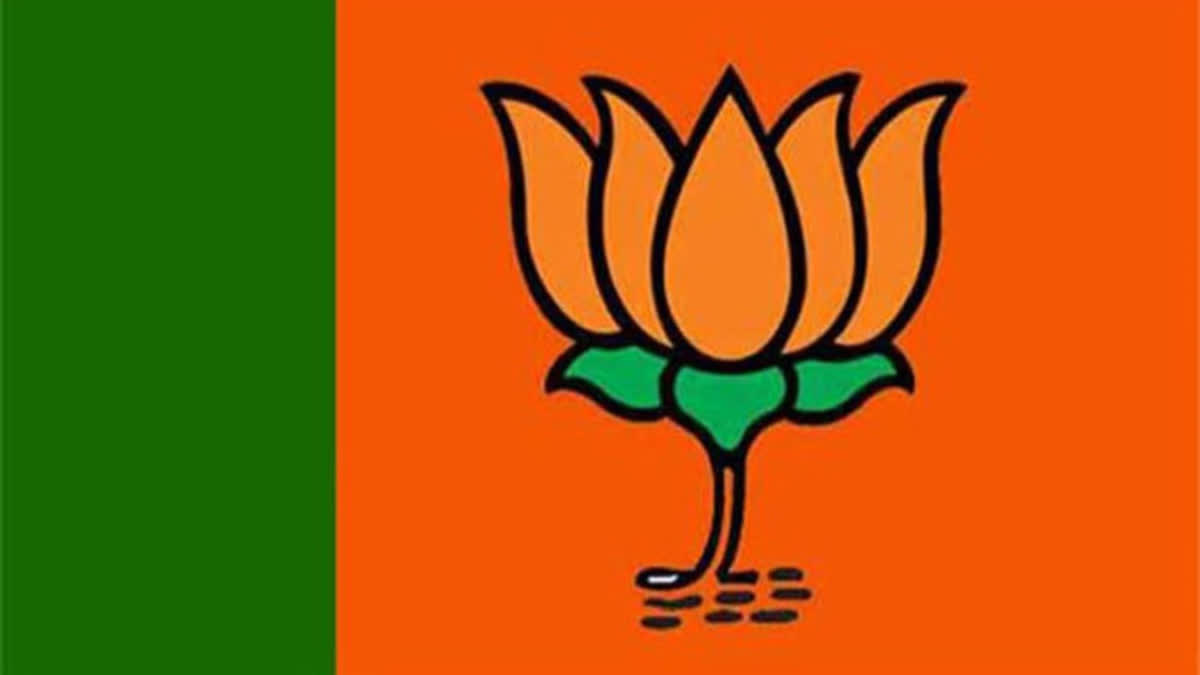The Bharatiya Janata Party (BJP) and its allies have encountered significant losses in the northeastern states during the 2024 parliamentary elections. This shift in political fortunes can be attributed to several factors, with the ongoing ethnic conflict in Manipur playing a pivotal role. The BJP’s failure to address and resolve the crisis has not only tarnished its image but also alienated the minority communities in the region.
Manipur has been embroiled in ethnic violence for over a year, primarily between the Kuki-Zo and Meitei communities. The state government, dominated by the Meitei community, has been accused of neglecting the plight of the Kuki-Zo people. The Meiteis, with 40 out of 60 MLAs and control over the state’s executive positions, have allegedly turned a blind eye to the unauthorized occupation of Kuki-Zo buildings in Imphal, economic blockades, and open extortion by radical elements. This has led to a state of lawlessness and despair among the residents. The conflict has rendered the ten Kuki-Zo MLAs and their tribes unable to return to Imphal, further exacerbating tensions. The BJP’s inaction and lack of a visible resolution strategy have been perceived as an attempt to subdue the minority Kuki-Zo community, leading to widespread disillusionment.
The impact of the ethnic violence in Manipur has been profound, particularly in the northeastern states of Mizoram, Nagaland, Meghalaya, and Manipur. The BJP and its allies suffered electoral defeats to the Congress and regional parties, who capitalized on the BJP’s perceived failure to address the crisis. The conflict provided ample fodder for the opposition to paint the BJP as an anti-minority party during their election campaigns. Moreover, the Union government’s decision to withdraw the Free Movement Regime (FMR) with Myanmar and erect a border fence further alienated the tribal communities in Nagaland, Manipur, and Mizoram. The move, recommended by the Manipur chief minister, was seen as prioritizing the Meitei community’s interests over those of the minority tribes.
The contrast between Mizoram and Manipur’s handling of refugees from Myanmar is stark. Mizoram, which is sheltering over 40,000 refugees, has managed the situation by confining them to camps at the border and extending humanitarian assistance. In contrast, the Manipur government adopted a policy of turning refugees back to Myanmar, forcing them to enter the state through unfenced areas and set up unauthorized settlements. The lack of humanitarian assistance in Manipur compelled the refugees to erect their own shelters and engage in subsistence farming, including potentially illicit activities like poppy cultivation. The Manipur government’s approach has not only failed to address the refugee crisis but has also contributed to the broader state of lawlessness. Radical elements freely parade the streets of Imphal in police and armed forces uniforms, and extortion has become rampant. The state government’s inaction has fueled suspicions of tacit support for these radical elements, further eroding public trust.
The BJP’s handling of the Manipur conflict and its repercussions have led to significant electoral losses. The Meitei community, disillusioned by the lawlessness and economic hardships, turned against the BJP. The Kuki-Zo community, feeling abandoned by the BJP and their own representatives, overwhelmingly supported the Congress in the Outer Manipur constituency. The Naga People’s Front (NPF), allied with the BJP, also faced backlash due to its association with the party and proximity to the NSCN, a group detested by the Kuki-Zo. The chief minister of Assam has acknowledged the impact of the Manipur conflict on the BJP’s electoral performance in states with significant Christian populations. Church leaders, motivated by the BJP’s anti-minority policies, played a proactive role in mobilizing voters against the party. This shift in voter sentiment underscores the broader regional discontent with the BJP’s handling of minority issues.
The BJP’s electoral setbacks in the northeastern states have necessitated a coalition government at the Centre. This coalition dynamic may compel the BJP to moderate its stance on minority issues to avoid alienating its powerful allies. The recent statement by the RSS chief emphasizing the need to resolve the Manipur crisis on priority indicates a potential shift in approach. The BJP’s future in the northeastern states hinges on its ability to address the underlying issues fueling the ethnic conflict in Manipur. A sincere and concerted effort to restore peace, ensure communal harmony, and address the grievances of the minority communities is essential. Failure to do so will only exacerbate the existing discontent and further erode the party’s support base in the region.

